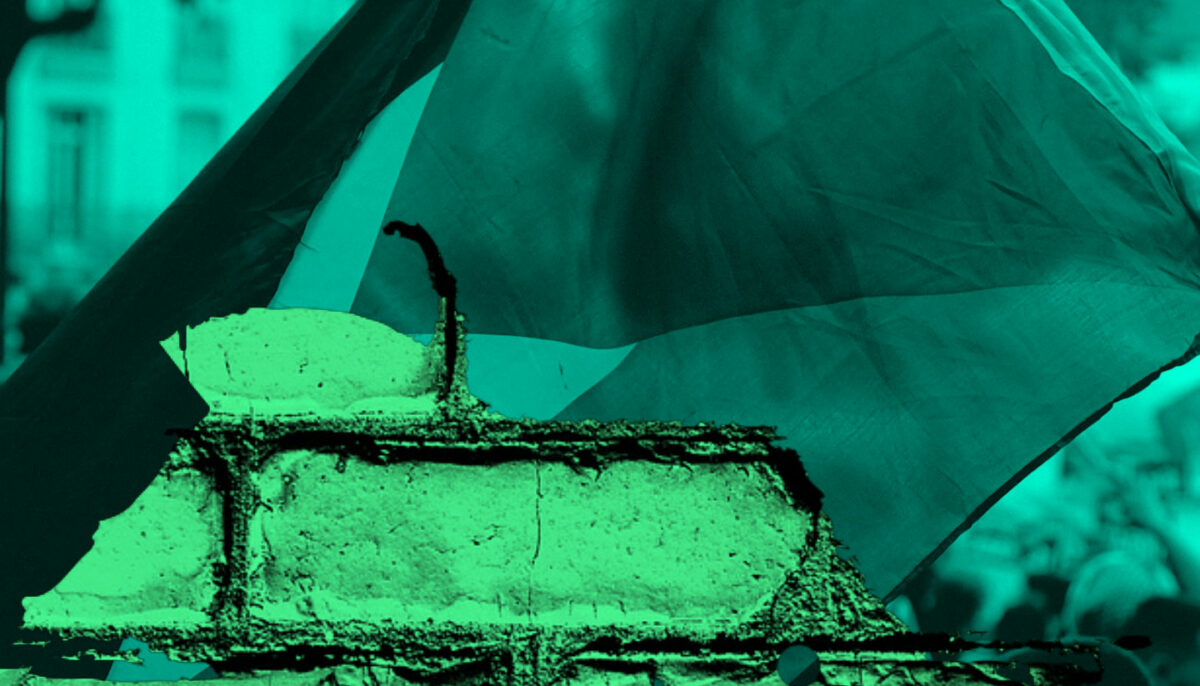The first official exam leak in Sudan occurred in 2003, when mobile phone features were very limited and lacked camera and internet access. Still, hard copies of the exams were leaked and circulated among students, to be used later in cheating. In response, the Sudanese government cancelled exams and postponed them for three months.
Cheating existed long before the Internet, and shutting it down does not guarantee the integrity of examination results. Does the problem lie in the leaks themselves? Or do authorities fear the speed at which they spread online? Given that exams are printed in high-security locations and distributed under the direct oversight of the police, it is only natural to wonder where, when, and how such leaks happen.
Are authorities unable to protect students and exams, from a security perspective, in the exam halls? Do they lack the tools and skills required to ensure a sound examination process?
When the December Revolution erupted and ended the regime of former president Omar Al-Bashir, we breathed a sigh of relief and were hopeful that the coming days would bring more freedom to Sudan. However, the newly appointed authorities soon imposed a partial internet shutdown and dispersed the sit-in at the Armed Forces’ headquarters, before implementing a total internet shutdown. Afterwards, there was a period of relative stability with the formation of a joint transitional government between civilians and the Armed Forces. Yet, when it was time for the Sudanese official exams, another internet shutdown was suddenly imposed under the pretext of “preventing exam leaks.” By doing so, the government has violated the Constitutional Declaration, which stipulates in Item 2 of Paragraph 56 “[t]he right to access the internet, without prejudice to public order, safety, and morals, as defined by the law.”
Direct and Indirect Harm
Because exam copies were already being shared on WhatsApp and Messenger, the government resorted to shutting down the internet service for several hours during the day. This reflected authorities’ indifference to those rights secured by the Constitutional Declaration and their unwillingness to work towards a solution that did not violate citizens’ Internet rights. Instead, they opted to place a heavier burden on citizens amid harsh economic circumstances.
Internet shutdowns harm both the private and public sectors, obstructing bank transfers, private transportation companies, design companies, and multi-level marketing.
Mohammad Abdallah, founder of an app that helps patients reach the nearest hospital, expressed his frustration to SMEX: “We receive most of our daily requests in the morning. When there is no internet, our only channel of communication is the telephone, which means that users will have to wait for long periods of time, not to mention that we lose about 20% of customers who want to order an ambulance or make a doctor’s appointment.”
Hiba Ahmad, owner of a publication and billboard company, said that Internet shutdowns exacerbate their suffering, particularly with the rationing of electricity. She told SMEX that “[p]oor service in these two sectors costs us clients and financial losses up to 300,000 Sudanese pounds (nearly USD 660) every three hours, not to mention the losses incurred by daily wage earners and the shutdown of equipment, most of which needs WiFi service.”
Recommended Alternatives for Internet Shutdown
Sudanese official exams began on June 19, 2021 and ended on June 31. Internet services were interrupted from 8 a.m. until 11 a.m., in conjunction with the exams, and under directives from the Telecommunications Regulatory Authority. A few weeks ago, the Islamic studies exam was accidentally leaked by distributing the exam papers to students, and the exam was held again on Saturday, July 3rd.
As an alternative to widespread internet shutdowns, authorities should suspend the service in specific geographic regions where exams are held, while intensifying security measures in exam-printing facilities. Telecommunications engineer Waddah Othman proposed to SMEX that “[t]he network be suspended locally in the area of the school only, as there is no reason to shut down the internet across the country and cause such massive losses.” He also recommends prohibiting students from carrying phones in exam halls and suspending access to them until exams have concluded.
Authorities should invest less in armoured vehicles and weapons to protect their affiliates, and perhaps reallocate their efforts to protecting the future of Sudan’s youth. Their declaration of incompetence, embodied in Internet shutdowns during exams, has only further jeopardized an already struggling economy.
Many Arabic-speaking countries resort to Internet shutdowns on a number of occasions, even beyond official exams. We urge governments to let go of this practice and instead fight corruption in the education sector directly. Internet shutdowns pose substantial burdens on national economies, restricting freedom of expression and enabling government violations of human rights in the absence of documented evidence.
Use the hashtags #NoExamShutdown لا_لقطع_الاتصالات # to report and discuss Internet shutdowns and urge governments to refrain from breaching our right to connectivity.



